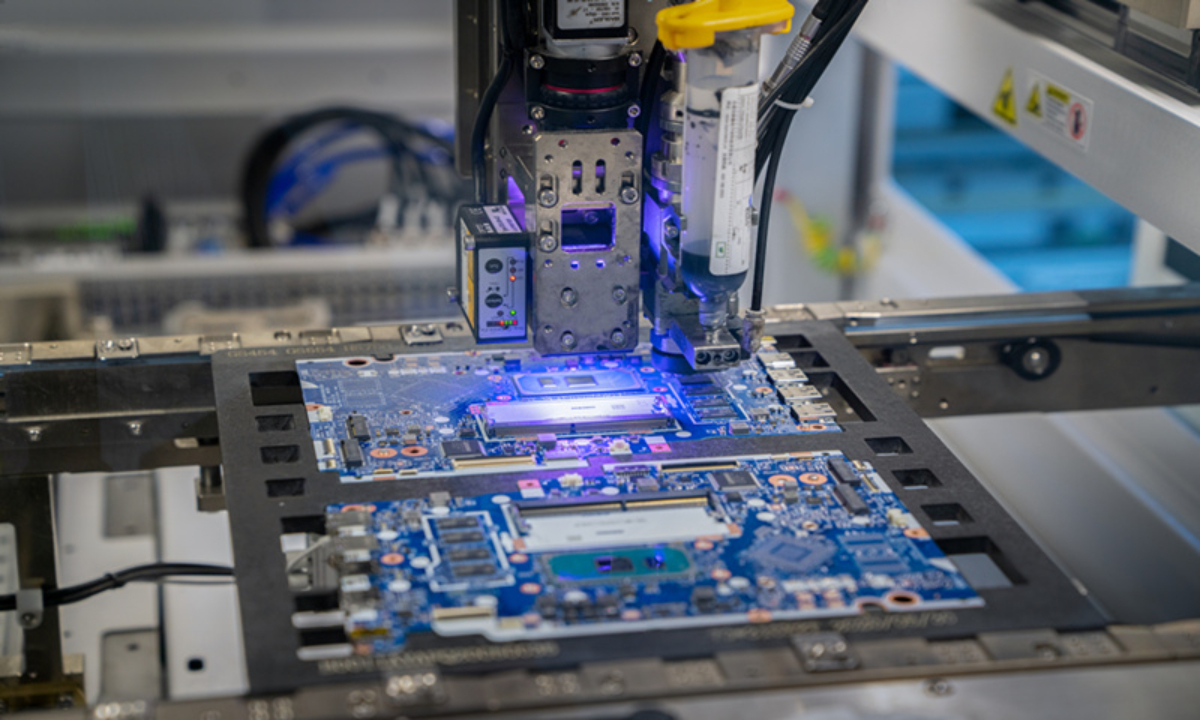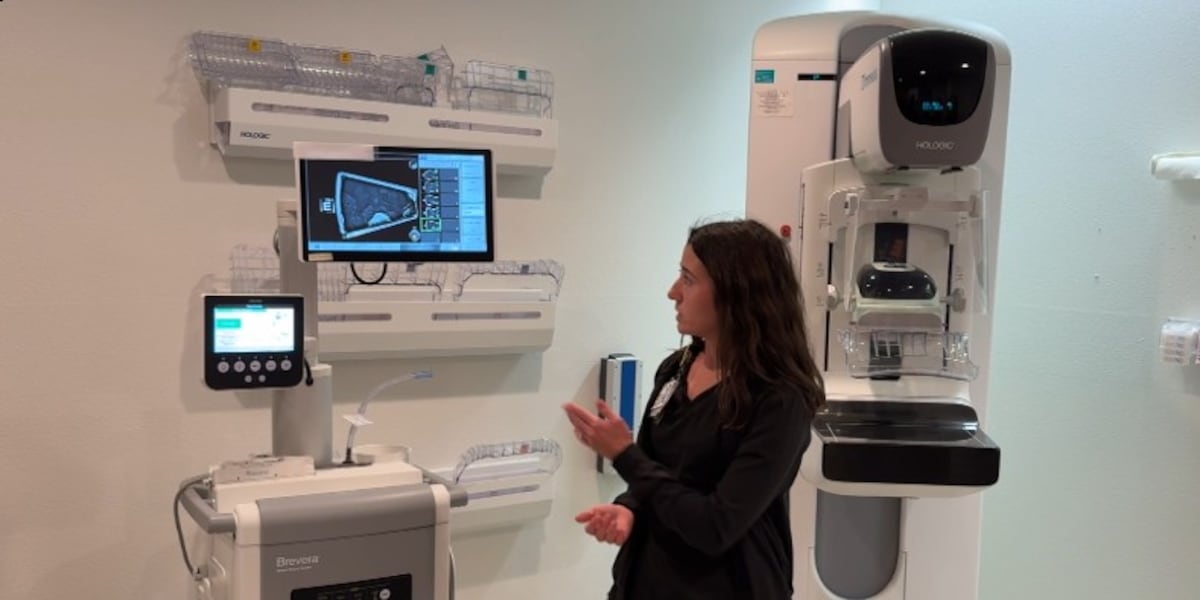Former HiSilicon Staff Face Jail Time in Major Chip Tech Theft Case

Shanghai, China – A landmark legal case involving the theft of sensitive chip technology from Huawei subsidiary HiSilicon has concluded with significant jail sentences for 14 former employees. The Shanghai court’s first-instance ruling, stemming from a lawsuit against Zunpai Communications Technology Co., marks a pivotal moment in China's semiconductor industry, highlighting the increasing scrutiny and enforcement surrounding intellectual property rights.
The case revolves around allegations that these former HiSilicon employees, having departed the company, joined Zunpai Communications Technology Co. and illicitly used HiSilicon’s proprietary trade secrets to benefit their new employer. The stolen technology reportedly encompassed crucial chip design data and related intellectual property, potentially giving Zunpai an unfair competitive advantage.
A Prolonged Investigation and Legal Battle
The investigation into this intellectual property theft began nearly four years ago, sending ripples throughout the Chinese semiconductor sector. HiSilicon, a key player in the design of chips for Huawei and other major tech companies, had been deeply concerned about the potential compromise of its valuable research and development efforts. The lawsuit against Zunpai was filed to protect these trade secrets and hold the responsible parties accountable.
The court’s ruling underscores the seriousness with which China is treating IP theft, particularly within the strategically important semiconductor industry. The sentences handed down to the former HiSilicon employees are expected to serve as a deterrent to others contemplating similar actions.
Implications for China's Semiconductor Ambitions
China has been aggressively pursuing self-sufficiency in semiconductor technology, aiming to reduce its reliance on foreign suppliers. However, this ambition has been complicated by concerns over intellectual property protection and the potential for theft. The HiSilicon case serves as a stark reminder of the challenges in fostering a robust and innovative semiconductor ecosystem while safeguarding proprietary information.
This ruling is likely to have a ripple effect, prompting stricter enforcement of IP laws across the Chinese tech industry and encouraging companies to invest more heavily in protecting their intellectual assets. Furthermore, it sends a clear message to departing employees that attempting to leverage former employers' intellectual property for personal or corporate gain will be met with severe legal consequences.
The full details of the sentences and the specific technologies involved remain under wraps, but the core message is clear: China is serious about defending its intellectual property, especially in the critical field of semiconductors. The case highlights the ongoing tension between China’s technological ambitions and the need to maintain a fair and legally sound business environment.






